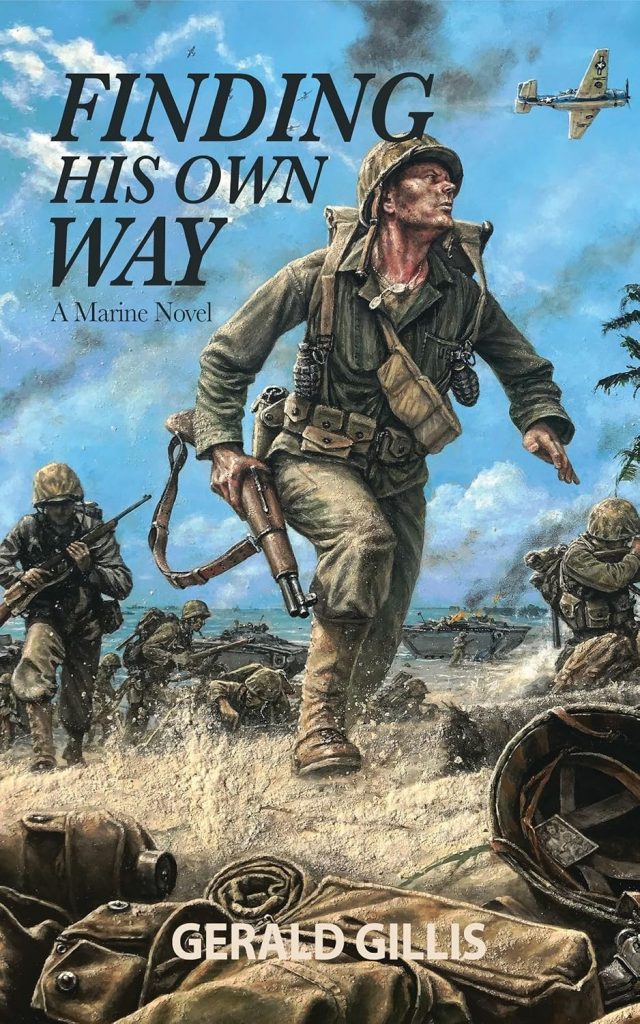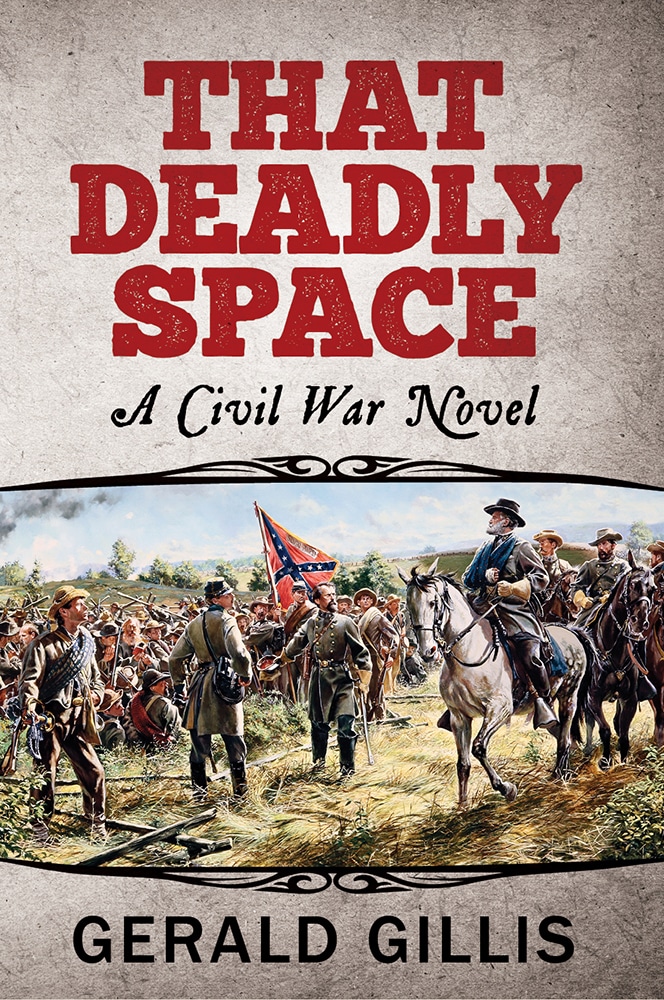Sunday, January 21, 2018, marked the 78th birthday of golfing legend Jack Nicklaus. With a career total of 18 major championship victories, and another 19 second-place and 9 third-place finishes in majors, Nicklaus is widely considered the greatest golfer in the history of the venerable sport.
An Ohio native, Nicklaus won numerous amateur victories before enrolling at Ohio State University. At OSU, he met his wife Barbara where their marriage in 1960 would produce five children. Nicklaus turned professional in 1961 after twice winning the U.S. Amateur tournament. He defeated Arnold Palmer for his first major championship in the 1962 U.S. Open. Palmer and Nicklaus would become rivals during their ultra-successful golfing careers, but they also developed a deep friendship based upon mutual respect and genuine affection.
With his multiple tournament victories, his Ryder Cup and Presidents Cup participation as a player and captain, and his many individual honors, perhaps the most astonishing accomplishment came in 1986 when, at the age of 46, Nicklaus won The Masters. It was an implausible victory, but age aside, it was indeed a win for the ages. Sports columnist Thomas Boswell wrote, “Some things cannot happen, because they are both too improbable and too perfect. The U.S. hockey team cannot beat the Russians in the 1980 Olympics. Jack Nicklaus cannot shoot 65 to win The Masters at age 46. Nothing else comes immediately to mind.”
Much like his golf career, Nicklaus has found commercial success with his golf-course design business, which is international in scope. His golf-equipment company, Nicklaus Golf Equipment, manufactures in the three brands of Golden Bear, Jack Nicklaus Signature, and Nicklaus Premium.
Nicklaus and his wife Barbara have been extensively involved in charitable work, to include Nicklaus Children’s Health Care Foundation, which provides services to hospitalized children at no cost to the families. His annual Memorial Tournament has raised millions for Ohio charities.
With 73 total PGA wins, Nicklaus was admitted into the World Golf Hall of Fame in 1974. He was awarded the Congressional Gold Medal in 2015.
There are few athletes in the world of professional sports who have conducted themselves with the class and dignity of Jack Nicklaus. While he was a fierce competitor on the course, he never whined in defeat nor gloated in victory. Nicklaus was, and still is, an example of grace and high sportsmanship. He is revered within the golf community, and many young PGA professionals have greatly benefited from Jack’s wise counsel.
His is a great story, an American story, with more yet to come. Jack Nicklaus, the Golden Bear, is truly an American treasure.
Happy birthday, Jack!


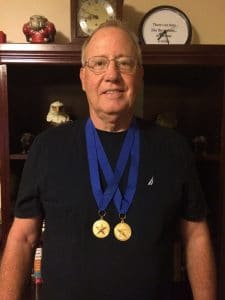
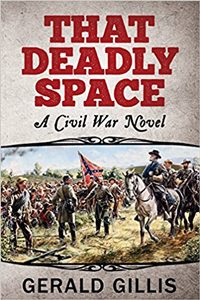
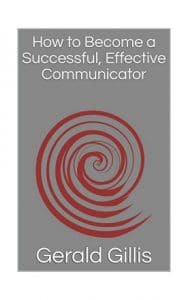 The title of this blog post also happens to coincide with the title of my new Kindle eBook. The book is a collection of twenty-two articles I have written over the past several years on the subject of communications. I came across many exceptional communicators during my time in the U.S. Marine Corps, and afterward in positions of responsibility with companies like Coca-Cola Enterprises, Genuine Parts, and GE. I learned much about communications skills by observing men and women of exceptional ability. I also observed that many people struggle as communicators. It is to this group that this book is intended.
The title of this blog post also happens to coincide with the title of my new Kindle eBook. The book is a collection of twenty-two articles I have written over the past several years on the subject of communications. I came across many exceptional communicators during my time in the U.S. Marine Corps, and afterward in positions of responsibility with companies like Coca-Cola Enterprises, Genuine Parts, and GE. I learned much about communications skills by observing men and women of exceptional ability. I also observed that many people struggle as communicators. It is to this group that this book is intended.